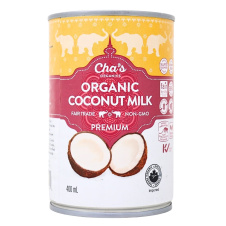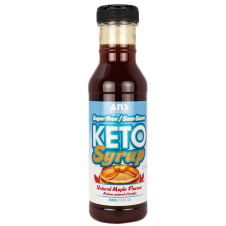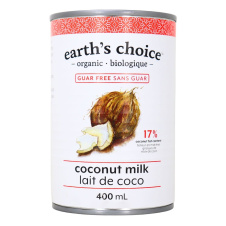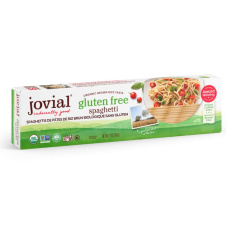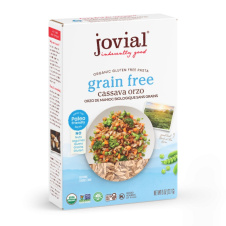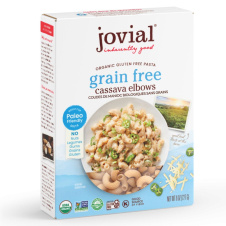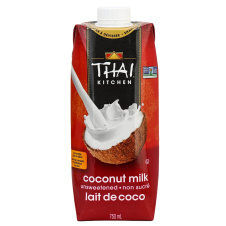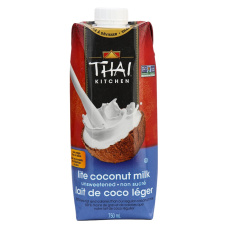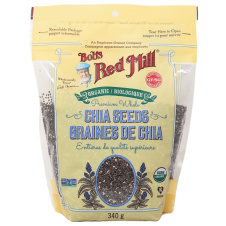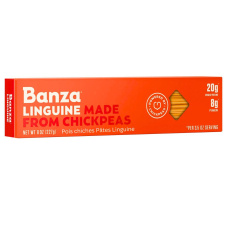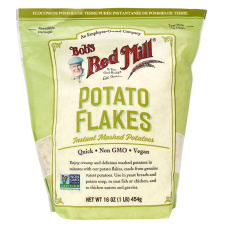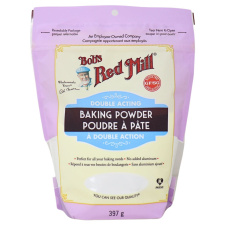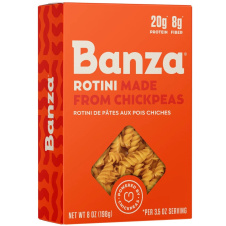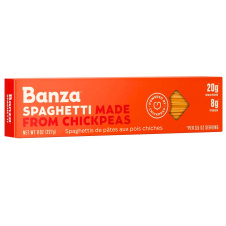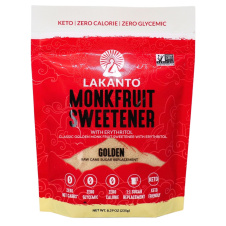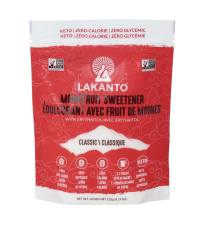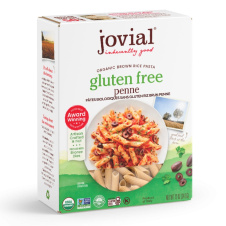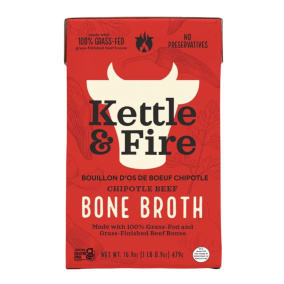
The Ultimate Guide to Food Conversions and Baking Substitutes
The must-have cheat sheet to have in your kitchen! This go-to guide will make adapting any recipe and substituting ingredients easy and simple. Missing an ingredient, or want to make a recipe healthier? This measurement conversion chart is for you!
We’ve all been there. You’re standing in your kitchen, in the middle of cooking dinner or baking dessert. You’re struggling to locate your phone or laptop because you’ve realized you’re missing a key ingredient and are desperate to find a substitute in your pantry, or, you have no idea how many cups of rice you’re supposed to use for a proper serving.
Instead of sifting aimlessly through links with confusing numbers and substitute suggestions that you would have to leave the house to find, we’ve decided to compile the ultimate list of simple and helpful healthy baking substitutes and kitchen conversions to refer back to whenever you find yourself in a pinch.
Baking Substitutes
Food Conversions
Baking Substitutes
Whether you’ve run out of eggs without realizing and the oven’s already on, or you’re looking for healthy allergen-friendly alternatives for your baking ingredients- we’ve compiled a list of common baking ingredients and some easy substitutes for them that you might find you already have in your kitchen.
Egg Substitutes
Potentially the most commonly googled baking substitute, there are a long list of reasons why you might not be able to use eggs while baking/cooking. Thankfully, there are also many different options to use as baking substitutes for eggs. Let’s dive into this egg-cellent list!
Note: Each egg substitute listed is equivalent to 1 egg.
- ¼ Cup Applesauce or Mashed Banana
- 3 Tbsp Peanut Butter
- 1 Tbsp Ground Flax or Chia Seeds + 2.5 Tbsp Water (Mixed)
- 1 Tbsp Vinegar + 1 Tsp Baking Soda (Mixed)
- ¼ Cup Silken Tofu or Non-Dairy Yogurt
- ¼ Cup Carbonated Water
- 2 Tsp Baking Powder + 1 Tbsp Oil + 2 Tbsp Water (Mixed)
- 2 Tbsp Potato Starch
- ¼ Cup Pureed Prunes
- ¼ Cup Mashed Potatoes
Sugar Substitutes
If you’re looking to take a deep dive into choosing the best sugar alternative for you, you can learn all about different sugar replacements here. However, we’ve also made a sweet and easy list of natural sugar substitutes so you’ll never have a baking emergency again!
Note: Each sugar substitute listed is equivalent to 1 cup sugar.
- ¾ Cup Honey
- ¾ Cup Maple Syrup
- ⅔ Cup Date Paste
- 1 Tsp Granulated Stevia
- ⅔ Cup Agave Nectar
- ⅔ Tsp Monk Fruit
- ½ Cup Mashed Banana
- 1 Cup Coconut Sugar
Baking Powder and Baking Soda Substitutes
Not everyone knows the difference between these two baking staples, and you may not know that they actually can be interchangeable despite their differences. Sodium bicarbonate and bicarbonate of soda are other names for baking soda, while baking powder is made of baking soda, cream of tartar, and cornstarch. Here are some substitutes for both!
- ½ Tsp Cream of Tartar + ¼ Tsp Baking Soda (Mixed) = 1 Tsp Baking Powder
- ½ Cup Buttermilk + ¼ Tsp Baking Soda (Mixed) = 1 Tsp Baking Powder
- 3 Tsp Baking Powder = 1 Tsp Baking Soda
Butter Substitutes
Butter. It may seem like a difficult task to find an alternative for something that seems to be essential to so many recipes, but we’ve found some helpful, and surprising, alternatives for this dairy product.
Note: Each butter substitute listed is equivalent to 1 cup butter.
- 1 Cup Applesauce
- 1 Cup Coconut Oil
- 1 Cup Greek Yogurt
- ½ Cup Coconut Milk
- ¾ Cup Avocado
Buttermilk Substitutes
Another ingredient that you might find continually popping up in many recipes is buttermilk. If you’re looking for something to use instead, here is a list of a few creative and fast ways to make buttermilk substitutes for baking.
Note: Each buttermilk substitute listed is equivalent to 1 cup buttermilk.
- 1 Cup Greek Yogurt
- 1 Cup Milk + 1 Tbsp Vinegar
- 1 Cup Milk + 1 Tbsp Lemon Juice
Dry Breadcrumb Substitutes
Breadcrumbs are a little less common than ingredients like eggs and butter, but are still used in many recipes for both cooking and baking. It may be a short list, but these two healthy breadcrumb substitutes will save your recipe when it's all crumbling apart. Use them as needed!
- Rolled Oats
- Crushed Bran Cereal
- Crushed Crackers
Food Conversions
Have you ever stopped in your tracks in the kitchen and tried to guess how many cups of dry pasta you’ll need to make a certain amount of cooked pasta? Who knew that the kitchen required next level math skills? This next part of our ultimate guide will list every food conversion you’ll ever need so you can keep the calculator use to a minimum while you cook.
Dry Rice to Cooked Rice
Let’s start with a big one. Rice is a staple dish to so many cultures, with many different types of rice and different ways to incorporate it into our meals. We’ve simplified a long list of different types of rice and their conversion from dry to cooked. Rice on!
- White Rice: 1 Cup Dried = 3 Cups Cooked (Add 2 cups liquid)
- Brown Rice: 1 Cup Dried = 4 Cups Cooked (Add 6 cups liquid)
- Basmati Rice: 1 Cup Dried = 3 Cups Cooked (Add 1 ¾ cups liquid)
- Jasmine Rice: 1 Cup Dried = 3 Cups Cooked (Add 2 cups liquid)
- Wild Rice: 1 Cup Dried = 4 Cups Cooked (Add 4 cups liquid)
- Short-Grain Rice: 1 Cup Dried = 3 Cups Cooked (Add 4 cups liquid)
- Medium-Grain Rice: 1 Cup Dried = 3 Cups Cooked (Add 1 ½ cups liquid)
- White Long-Grain: Wild Rice: 1 Cup Dried = 4 Cups Cooked (Add 2 cups liquid)
- Parboiled Rice: Wild Rice: 1 Cup Dried = 2 Cups Cooked (Add 4 cups liquid)
Dry Pasta to Cooked Pasta
When it comes to dry to cooked pasta conversions the pasta-bilities seem endless, but our simple list breaks down each conversion for all your favorite types of pasta.
- Long Pastas (Spaghetti, Linguine, Fettuccine, Angel Hair, or Bucatini): ⅔ Cup Dry = 1 Cup Cooked
- Penne: ⅔ Cup Dry = 1 ¼ Cup Cooked
- Elbow Macaroni: ½ Cup Dry = 1 ½ Cup Cooked
- Medium Shells: ¾ Cup Dry = 1 ⅛ Cup Cooked
- Fusilli: ½ Cup Dry = 1 Cup Cooked
- Orzo: ⅓ Cup Dry = Just under 1 Cup Cooked
Dry Beans to Cooked Beans
Dried beans are inexpensive and you can store them in your pantry for years. Though they take longer to prepare, using them instead of canned beans is much more sustainable, and frees up some kitchen space. If you’re swapping from canned to dry beans- use this short list of measurements for your dried beans to cooked beans conversions.
- 2 Cups Dried Beans = 6 Cups Cooked Beans
- 1 Cup Dried Beans = 3 Cups Cooked Beans
- 1/3 Cup Dried Beans = 1 Cup Cooked Beans
Meat Shrinkage
Have you ever taken your meat out of the oven and noticed that it looks a lot smaller than when you had originally purchased it? This is because, generally, most poultry, meat and fish shrink about 25% when cooked. This is something you’ll have to keep in mind while grocery shopping depending on how much meat you would like to end up with after it is cooked. Here are two examples.
- 567 Grams Raw Beef = Four 113 Grams Burgers
- 453 Grams Raw Boneless Chicken = 340 Grams Cooked
Other Grains
Lastly, here's a list of popular grains from your pantry that you may commonly need to calculate conversions for. Whether you’re looking to find out how much unpopped popcorn to use for popped popcorn, or how much dry quinoa you need for
- Dry Oats to Cooked Oatmeal (Add 2 ½ cups liquid)
1/2 Cup Dry Rolled Oats with no Sugar or Salt added = 1 Cup Cooked Oatmeal
- Unpopped Corn to Popcorn
2 Tbsp or 1/8 Cup Unpopped Kernels = 4 Cups Popped Corn (If all kernels pop)
- Dried Couscous to Cooked Couscous (Add 1 ¼ cups liquid)
1 Cup Dried = 4 Cups Cooked
- Dry Quinoa to Cooked Quinoa (Add 2 cups liquid)
1 Cup Dry = 4 Cups Cooked
- Dry Lentils to Cooked Lentils (Add 3 cups liquid)
1 Cup Dry = 2 ½ Cups Cooked
- Dry Barley to Cooked Barley (Add 3 cups liquid)
1 Cup Dry = 3 Cups Cooked
- Dry Polenta to Cooked Polenta (Add 4 cups liquid)
¼ Cup Dry = 1 Cup Cooked
- Dry Buckwheat to Cooked Buckwheat (Add 2 cups liquid)
1 Cup Dry = 4 Cups Cooked
- Dry Sorghum to Cooked Sorghum (Add 3 cups liquid)
1 Cup Dry = 3 ½ Cups Cooked
- Dry Millet to Cooked Millet (Add 2 ½ cups liquid)
1 Cup Dry = 4 Cups Cooked
Conclusion
Well, that concludes our ultimate guide to food conversions and baking substitutes. We hope that this was helpful and recommend bookmarking this guide so that the next time you’re puzzled in the kitchen you know where you can look for help!



